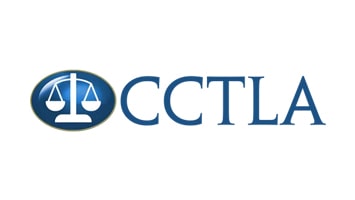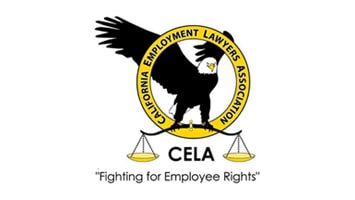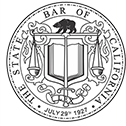
Attorneys Who Protect Employees
Sacramento Whistleblower Attorneys
Are You Ready to Blow the Whistle at Your Workplace?
When employees witness illegal activity at their workplaces or are asked to perform illegal actions as requirements of their jobs, they often wonder how to respond. Speaking up may be the first attempt by an employee to draw a line and resist wrongdoing. However, as many can attest, doing this often involves great risks to one’s own livelihood and reputation.
Beyond speaking out to supervisors or co-workers against illegal actions on the job, some employees report what they have observed to company ombudsmen, corporate headquarters, or even law enforcement agencies, ranging from the local police to the FBI. This path is known as whistleblowing. According to California Labor Code Section 1102.5, employees are protected from retaliation for blowing the whistle.
What Is Whistleblowing?
California law describes “whistleblowing” as:
- Reporting violations of state or federal law to governmental agencies
- Refusing to violate federal or state law
More specifically, whistleblowing is defined by the state’s labor code as disclosing information to someone with authority to investigate or correct violations of laws or noncompliance with regulations. Reporting unsafe work conditions and refusing to go along with requests to do illegal things at work are also forms of whistleblowing.
Can You Be Fired for Whistleblowing?
Yes, but it is illegal and is a form of wrongful discharge. Employers who violate whistleblower protections may be required to reinstate fired employees and pay back lost wages and benefits to those employees.
Why Do Whistleblowers Get Punished?
Employers naturally do not want to be exposed for tolerating or promoting illegal activities in their places of employment. Whistleblowing can result in disruptive investigations and penalties against employers. Therefore, it is common for employers to intimidate and retaliate against employees. Laws protect employees from retaliation, but legal guidance and representation are often necessary to exercise those protections to the fullest.
What Protections Exist for Employees?
There are both federal and state laws that protect employees from retaliation and termination.
Due to labor codes, employers may not retaliate against employees for:
- Reporting or refusing to perform an illegal act. Labor Code Section 1102.5
- Filing a claim for unpaid wages. Labor Code Section 98.6
- Making a complaint, to an employer or the California Division of Occupational Safety and Health about health and safety. Labor Code Section 6310
- Disclosing wages. Labor Code Section 232
These are a few of the specific codes that protect employees in California.
- Medical Professional Disability Discrimination $1.8m Employment Discrimination
- Age Discrimination $1.1m Employment Discrimination
- Medical Condition Retaliation $800k Medical Condition Retaliation
- Whistleblower Retaliation $674.2k Whistleblower Retaliation
- Whistleblowing Retaliatory Termination $450k Employment Retaliation
- Whistleblowing Retaliatory Termination $430k Employment Retaliation
-
Unmatched Experience
With nearly 60 combined years of litigation experience, we have experience that cannot be duplicated. Our track record and client stories speak for themselves in showing the work we’ve done for our clients.
-
Aggressive Representation
When it comes to protecting workers, we don’t pull punches. We’re used to taking the fight to larger opponents and are committed to empowering our clients to make choices, not concessions.
-
Client-Focused
While our attorneys are top-tier, we remain focused on our clients. We work directly with our clients and focus our approach on their stories and experiences. Our attention to detail and care continues to set us apart.
Reach us by phone at (916) 507-2223 or send an email inquiry to get the conversation started.





